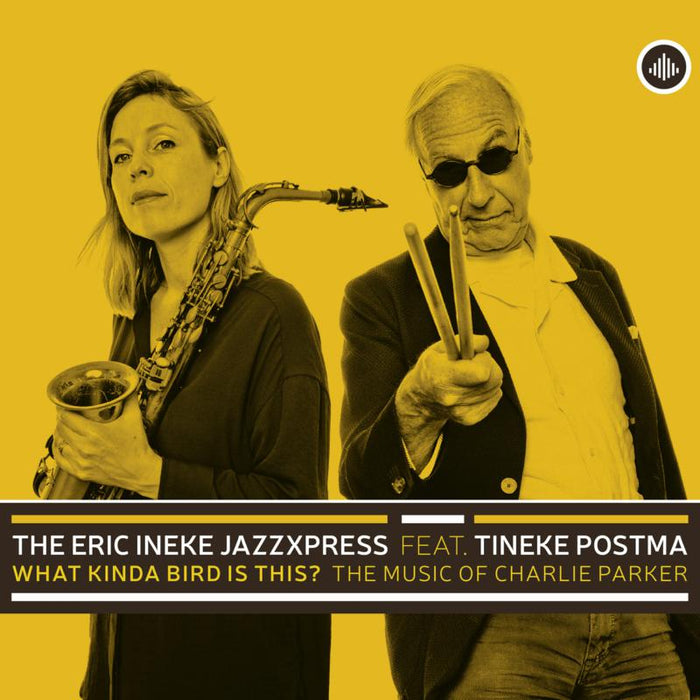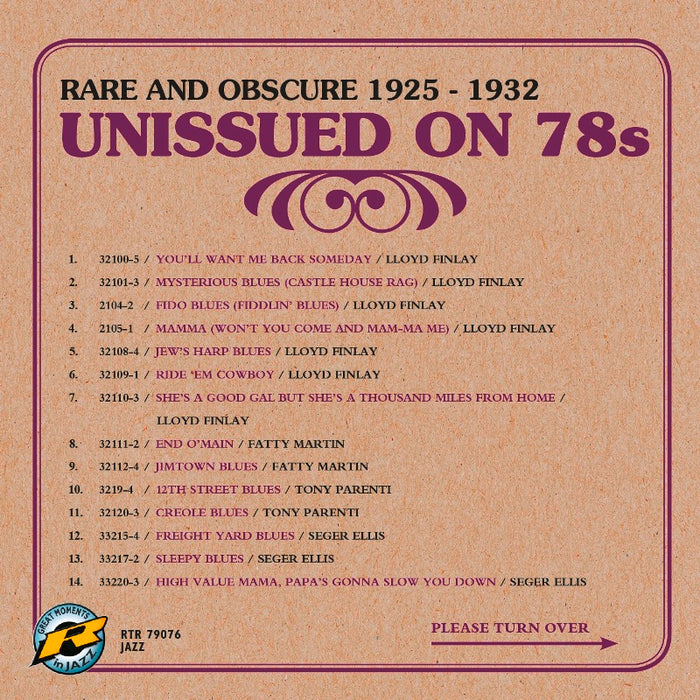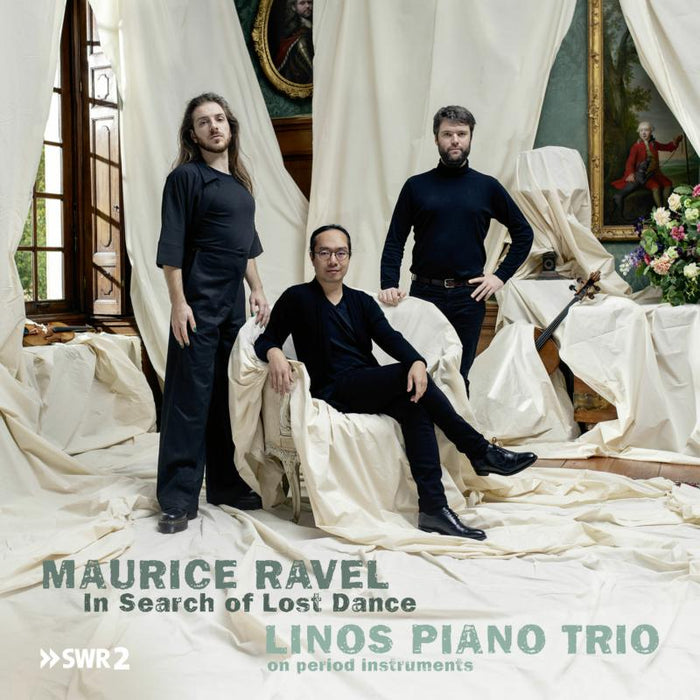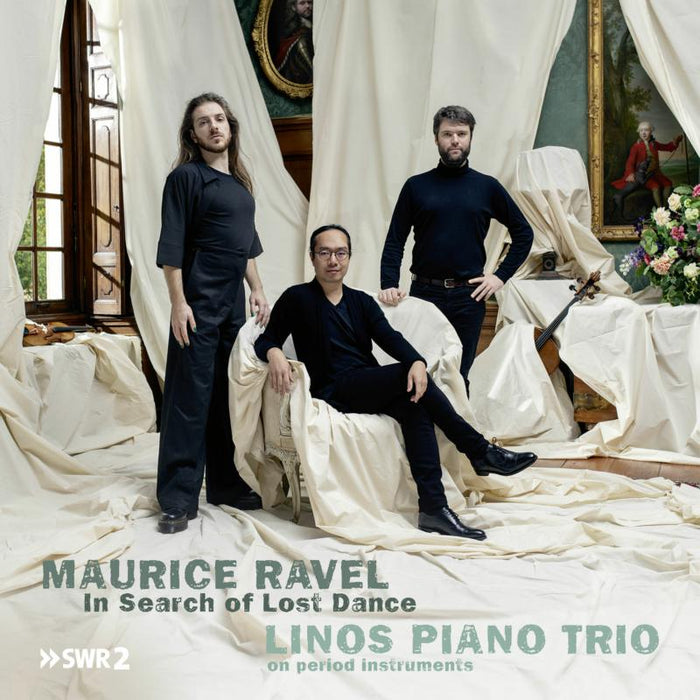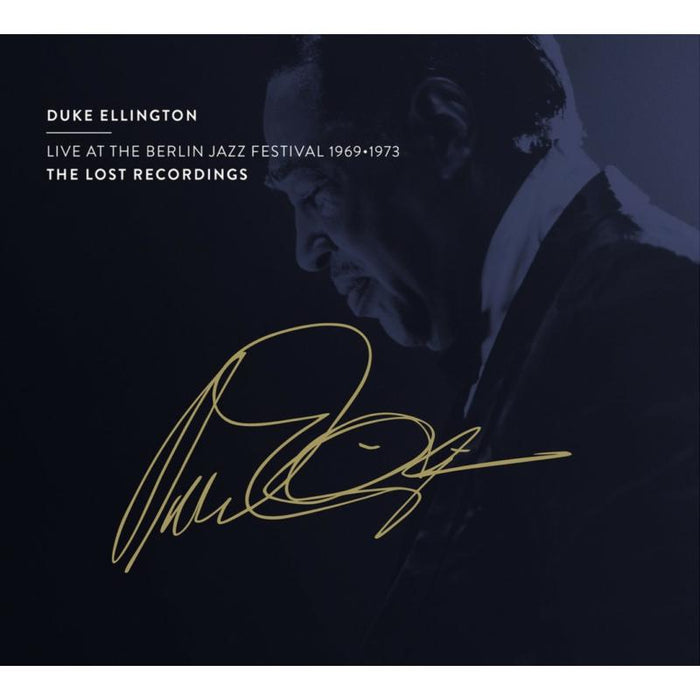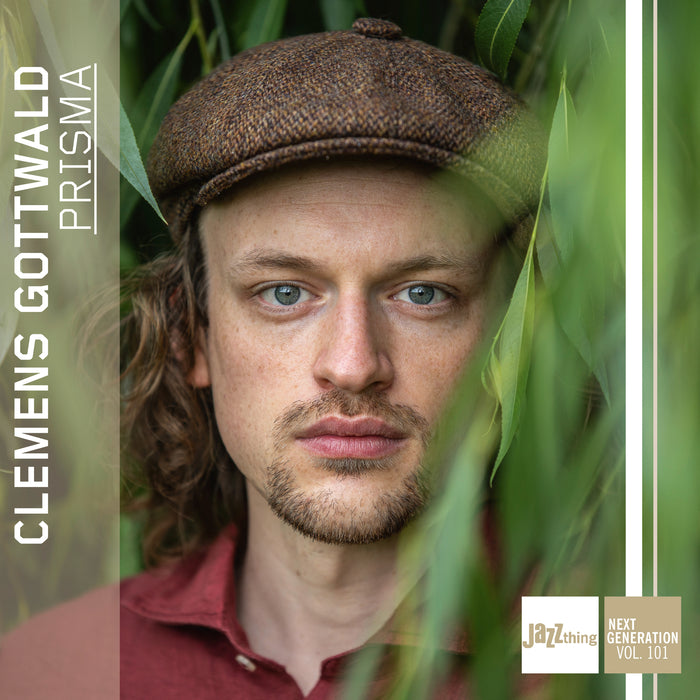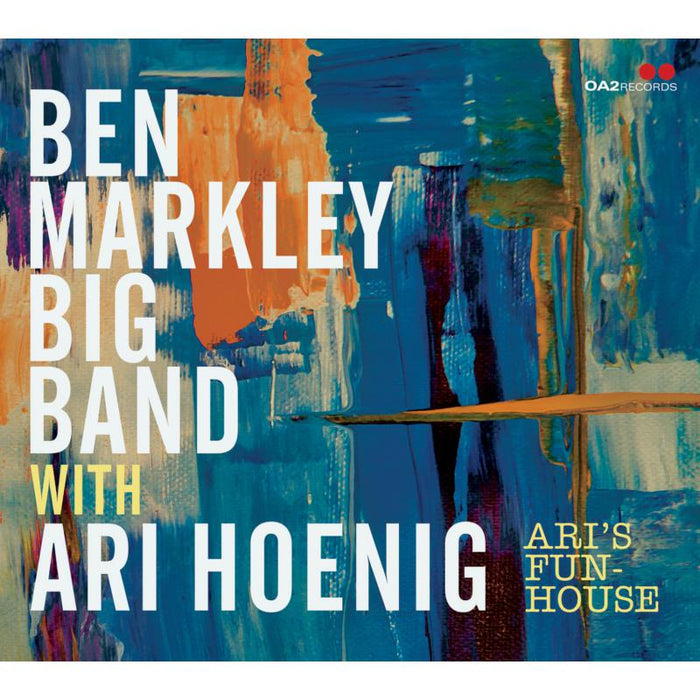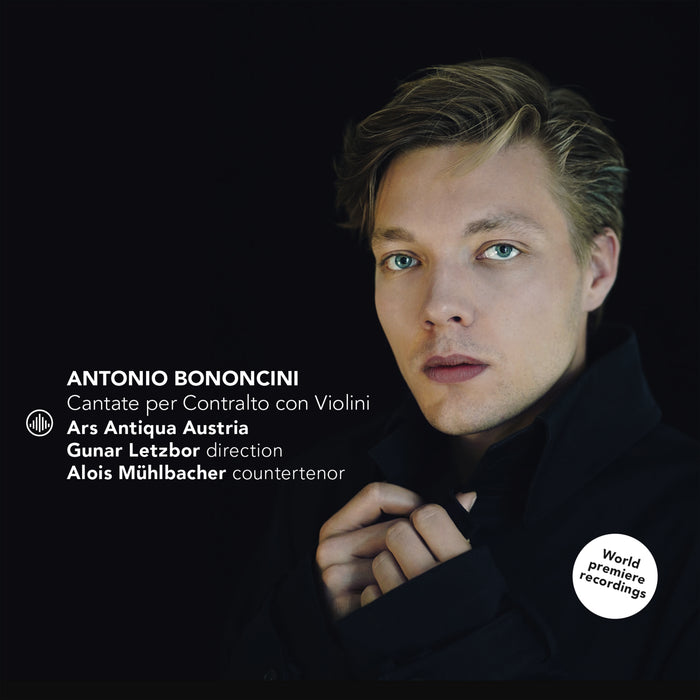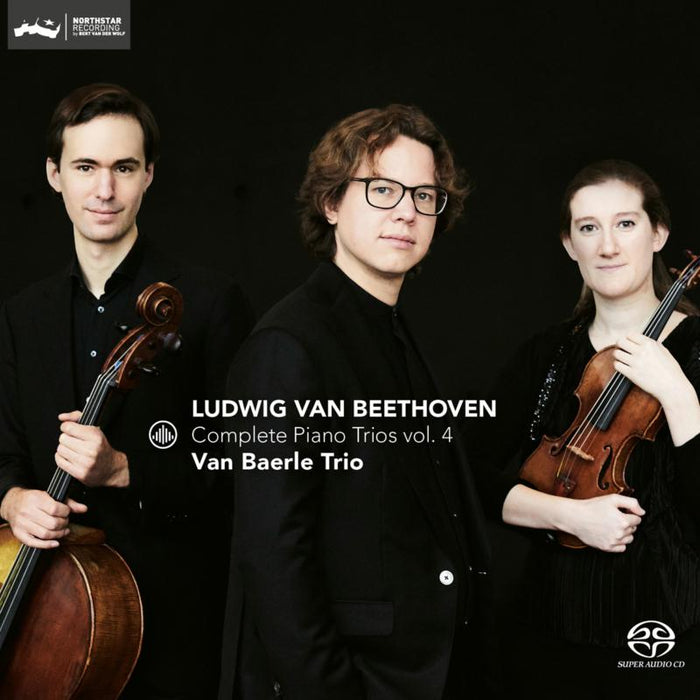Description
This recording is the result of a project launched a few years ago by the Bruhl Castle Concerts series (Bruhler Schlosskonzerte) and Capella Augustina within the framework of the Haydn Festival, which they organise. Works are commissioned that are related in a certain manner with the oeuvre of Joseph Haydn and are explicitly conceived for an orchestra playing on period instruments.
"In 2018, we commissioned a piece from Spanish composer Jose Maria Sanchez-Verdu, one of whose works I had the privilege of premiering a while
back: a mesmerizing, fantastically well-orchestrated work. Born in Andalusia, Sanchez-Verdu chose to enact a new musical encounter with Haydn's
work Die sieben letzten Worte unseres Erlosers am Kreuze ("The Seven Last Words of Our Savior on the Cross"). Indeed, as is well known, Haydn
wrote Die sieben letzten Worte for a passion liturgy held on Good Friday in the Spanish port town of Cadiz.
Sanchez-Verdu has written Sheba (the Hebrew word for "seven") as a series of interludes to be inserted between the movements of Haydn's original
work. Each of Haydn's seven "sonatas" is followed by a 2-to-3-minute movement that serves as a commentary, an exegesis, a prolongation, or an
antithesis to what has been previously heard. Sanchez-Verdu's seventh and final movement leads without pause into the "earthquake" music that
closes Die sieben letzten Worte.
Sanchez-Verdu occasionally takes an isolated chord or timbre from Die sieben letzten Worte as a point of departure; in other cases, he has found
inspiration in one of Haydn's musical impulses or gestures. In the process of composing Sheba, the period instruments served as a challenge and as a
stimulus. ." (Excerpt from the booklet notes by Andreas Spering)
"This is a thought-provoking recreation of the Seven Last Words and it's very well played by the members of Capella Augustina, who are also adept at performing contemporary music on their period instruments." - BBC Music Magazine, Performance 5 STARS, Recording 5 STARS


